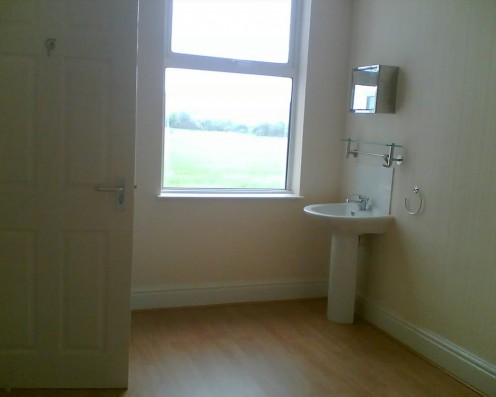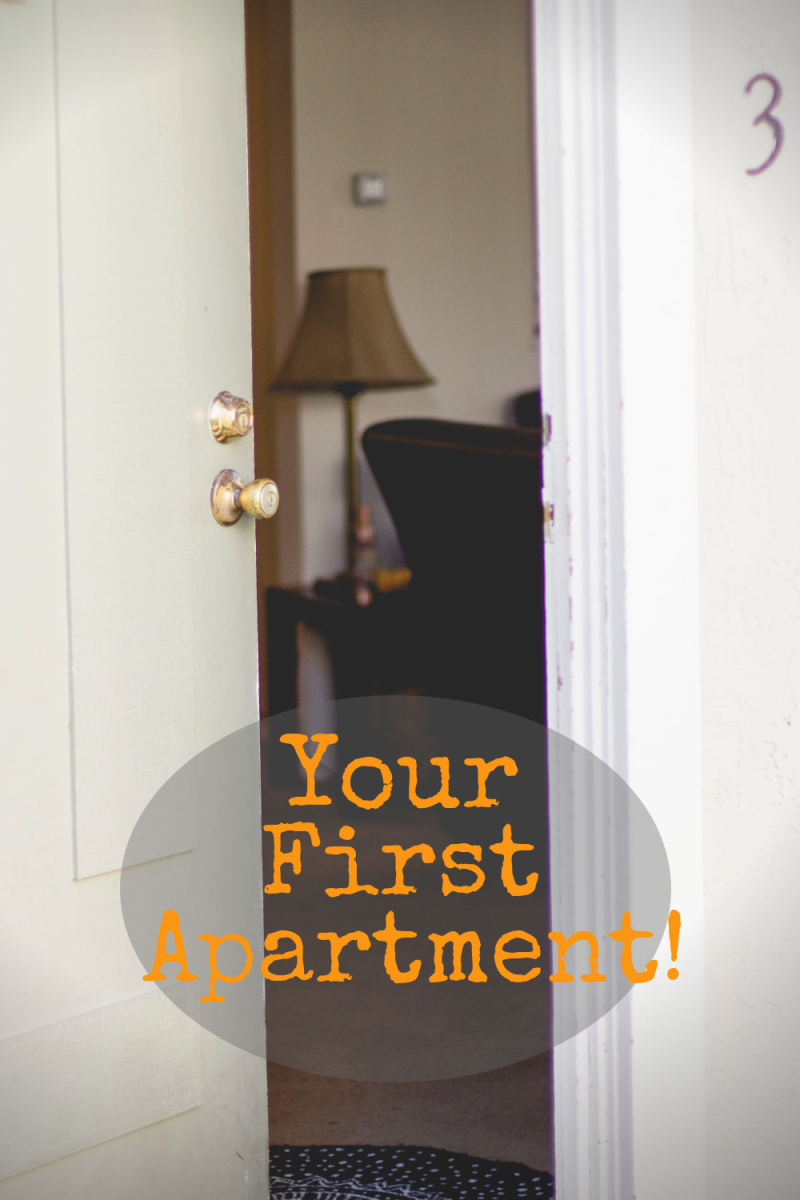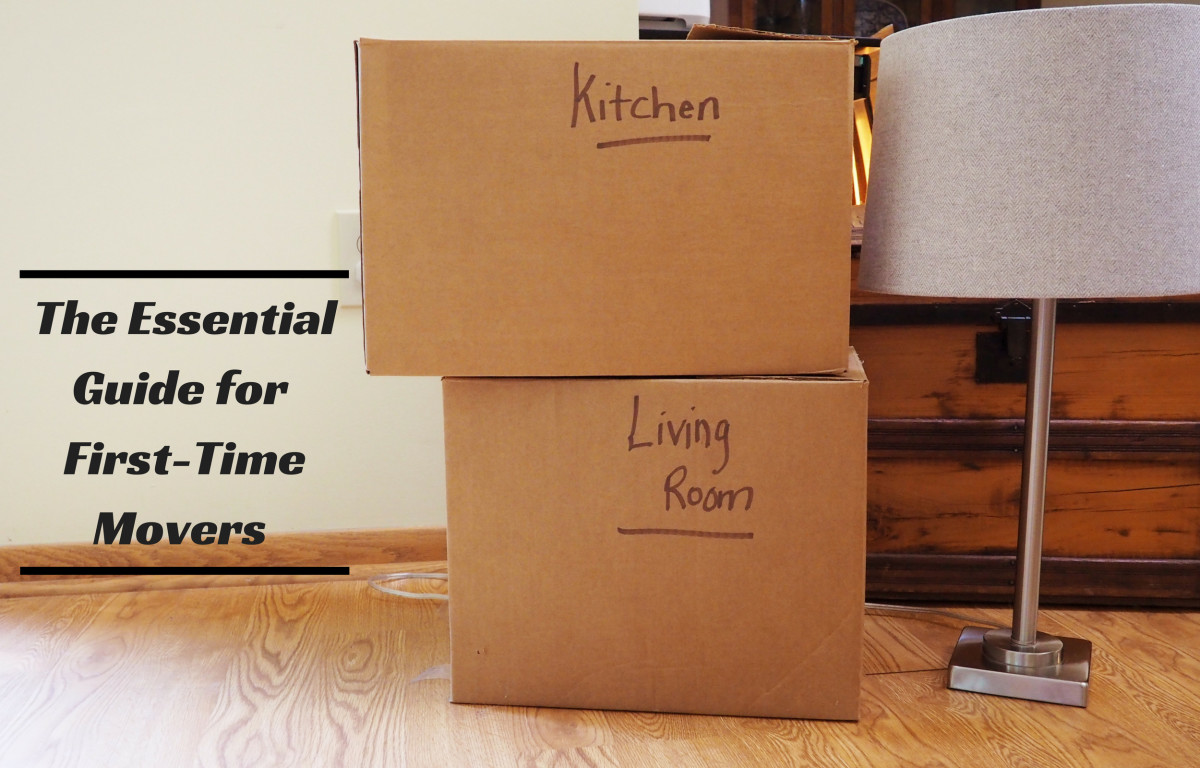Would Shared Housing Suit Me?
Happy Housemates

Shared Accommodation Choices
Shared rented accommodation is a popular choice nowadays mainly amongst young 'upwardly mobile' professionals or couples wanting low-cost accommodation while they save for a home of their own. Renting a room in a shared house or an individual room in a private household can thus be an ideal way to cut down on accommodation costs and household expenses. You might even be able to afford to rent that plush pad in the city if you 'buddy' up with someone who leads a similar lifestyle as you'll halve your rent and save on running costs. But be warned it might seem too obvious to point out but in shared accommodation, you are not going to get your own space outside the confines of your room. This is the trade-off for cheaper living expenses.
A Room of One's Own

Goodbye Mum and Dad or Your Ex!
Shared accommodation can mean different things to different people. For instance, you might be considering leaving your family home now you're old enough to be independent of mum and dad but don't command the income to rent or buy your own home. Shared houses are also ideal for those who've had relationship breakdowns. In shared accommodation, you'll find a mix of different people although most landlords do try to find new housemates with similar work schedules and lifestyles to the existing ones.
Your search for Shared Accommodation
Searching for your perfect flatmate has never been easier. Internet sites such as Roomgo and Spareroom can help you find the most suitable candidate to share with. However, there's a downside to renting rooms as you'll need to be discerning in your choice to avoid being lumbered with the roommate from hell. Finding someone online to suit both you and the available accommodation need not be daunting. It's similar to finding your ideal partner on a dating site. There needs to be some common ground for things to work.
There are several issues you need to address before you begin your search; this will prevent disagreements with your flatmate or landlord later on. For instance, certain aspects of shared accommodation can't be compromised on, such as smoking and pets. If you like to party until the small hours, you can't realistically expect to get along with someone who retires to bed early every night. Finding someone with a similar work schedule would thus be ideal.
Make sure you agree on the terms of the share from the onset so there's no ambiguity in the arrangement. You must never be vague about issues such as who's liable to pay for utility costs etc. and you'll need to ascertain whether these bills are already included in the rent or if there'll be separate payments expected.
What will be the arrangement regarding food? There's nothing more annoying than finding the items you purchased for yourself have been used by someone else and this is guaranteed to cause disharmony in any household. Occupants of shared houses generally have their own allocated cupboards in the kitchen, so it needs to be made clear which items are for general usage and which items are for personal use, especially when there are several room mates to consider.
Valuable personal items are best not left in communal areas of shared accommodation, so there must be locks on your room door. You must ask for a lock to be installed if there isn't one before agreeing to rent a room. If a dispute arises because things go astray, it can cast suspicion on the other occupants, so it's better to prevent this by safeguarding your valuables at all times.
Another bone of contention could be the cleaning schedule. Whereas most sharers will be happy to clear up their own mess, things like cobwebs and weeds will still appear. If cleaning is not included in your rent, you and your room mates will need to devise a workable rota and you'll have to share the costs of such things as bin bags, cleaning products etc. in a fair and reasonable manner.
The smooth running of shared accommodation thus depends on the cooperation of all room mates and the landlord but problems often occur when one person does something to cause inconvenience to the others. Often the perpetrator might be unaware they've upset anyone and quite likely won't have done it intentionally, but something will need to be said so it doesn't happen again.
As in all households where several people share their living space, for the sake of all occupants, there must be a fair and reasonable set of rules to abide by for the mutual benefit of all residents.
Be Wary of Overcrowding!

Living With Roommates (USA)
Tips for Living in a Shared House (UK)
Is shared housing a good choice for single people?
© 2014 Stella Kaye





